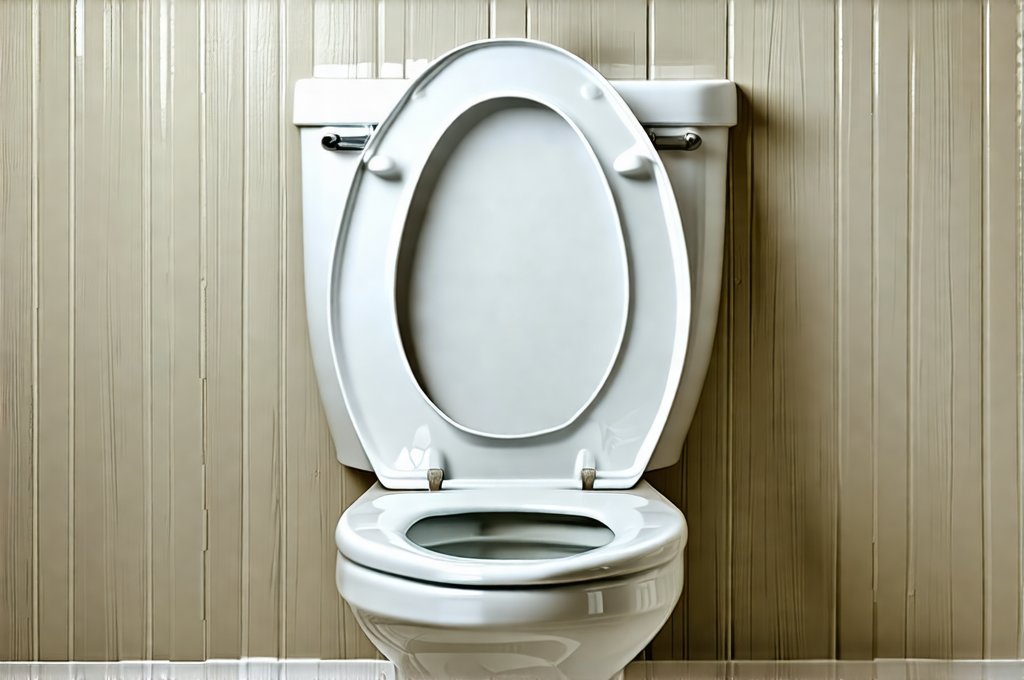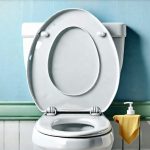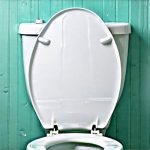The experience is surprisingly common: you’re drifting off to sleep, perhaps even already in sleep, then suddenly jolted awake by a bright light – a car headlight through the window, a phone screen illuminating the room, or an unexpected flash of lightning. As awareness returns, it’s often accompanied by a very immediate and pressing need to urinate. This isn’t merely coincidence; there’s a complex interplay between sleep stages, light exposure, and the body’s natural physiological processes that can explain this phenomenon. While usually harmless, understanding why this happens can alleviate anxiety and help you better manage sleep disruptions. It’s crucial to remember that everyone experiences these things differently, and what triggers urgency for one person might not affect another in the same way.
This sudden urge isn’t necessarily a sign of any underlying medical condition, though persistent issues warrant consultation with a healthcare professional. Instead, it’s often rooted in how our bodies regulate fluid balance and bladder control during sleep, and how that regulation is affected by abrupt changes to those conditions. Light exposure, even brief, can significantly alter hormonal balances and neurological pathways which directly impact these systems. The subsequent paragraphs will explore the mechanisms behind this experience, potential contributing factors, and strategies for mitigating its occurrence – focusing on understanding rather than offering medical solutions. We’ll delve into the science without venturing into diagnostic territory. If you have concerns after experiencing a digestive health scare, checkpoints to review can offer guidance.
The Sleep-Urgency Connection
The relationship between sleep and bladder control is far more intricate than many realize. During sleep, our bodies undergo significant physiological shifts designed to conserve energy and facilitate restorative processes. One key aspect of this is a change in hormone levels, particularly vasopressin (also known as antidiuretic hormone or ADH). Vasopressin plays a critical role in regulating fluid balance by signaling the kidneys to reduce urine production overnight. This means that generally, we produce less urine while asleep, and our bladder’s sensitivity decreases – allowing us to sleep through several hours without needing to empty it. However, this carefully orchestrated system can be disrupted by external stimuli like bright light.
When exposed to bright light, even for a short period, the body interprets this as a signal to wake up or prepare for waking. This triggers a cascade of hormonal changes, including a decrease in vasopressin production. Less vasopressin means kidneys produce more urine. Simultaneously, the neurological pathways that inhibit bladder contractions during sleep become less active. Essentially, the brain sends signals indicating it’s time to be awake and alert, and this includes reducing suppression of bladder function. This combination – increased urine production and decreased bladder control – is what can lead to a sudden urge to urinate. It’s not simply that you’re waking up; it’s how the body prepares for wakefulness that creates the urgency. Understanding gut test results can also help reveal underlying factors impacting sleep.
Furthermore, the stage of sleep you are in when exposed to light matters significantly. Disruptions during deeper stages of sleep (stages 3 and 4 – slow-wave sleep) tend to be more disruptive overall, potentially leading to a stronger urge because these stages represent the deepest level of physiological rest and hormonal regulation. Waking from lighter stages might still trigger urgency, but it’s often less intense. The brain is already partially “on guard” during lighter stages, so the transition to full wakefulness isn’t as dramatic.
Understanding Light Sensitivity & Individual Variation
The sensitivity to light varies dramatically between individuals. Factors like age, pre-existing medical conditions (particularly those affecting neurological or hormonal systems), and even genetic predispositions can play a role. People with naturally lighter sleep – those who are easily awakened by sounds or movements – may also be more susceptible to light-induced urgency. – Chronotype (“morning larks” vs “night owls”) can influence sensitivity as well. – Individuals who regularly experience disrupted sleep patterns (due to shift work, travel, etc.) might have a chronically dysregulated hormonal system, making them more vulnerable. If you’ve recently made changes to your diet, testing after switching diets can provide valuable insights into how your body is adjusting.
It’s important to note the type of light also matters. Blue light, emitted from electronic devices and many LED lights, is particularly potent at suppressing melatonin production – a hormone crucial for sleep regulation. Melatonin suppression further exacerbates the hormonal imbalances that contribute to urgency. Bright white light, even if not blue-enriched, can still have a significant impact. The intensity and duration of exposure are also key factors; a quick flash of light might cause minimal disruption, while prolonged exposure can trigger a more pronounced effect.
Finally, psychological factors shouldn’t be overlooked. If you habitually associate waking up with needing to urinate – perhaps due to past experiences or anxieties – this expectation can amplify the sensation even if the physiological changes are relatively mild. This highlights the mind-body connection and the role of perception in experiencing urgency.
The Role of Bladder Capacity & Habits
While hormonal shifts and neurological pathways are central to understanding light-induced urgency, pre-existing bladder habits and capacity also play a significant role. Individuals with smaller functional bladder capacities – perhaps due to previous medical conditions or simply individual differences – may experience more pronounced urgency when urine production increases. – Regularly emptying your bladder before bed can reduce the likelihood of needing to go during the night, but it won’t necessarily prevent light-induced urgency from occurring if hormonal regulation is disrupted.
Habitual fluid intake patterns also matter. Consuming large amounts of fluids close to bedtime can naturally increase urine production and make you more vulnerable to feeling urgency when awakened by light. Conversely, dehydration can concentrate urine, making bladder irritation more likely. Maintaining a balanced hydration schedule throughout the day – rather than concentrating fluid intake in the evening – is generally recommended for healthy bladder function. Tracking gut health can also influence these patterns, especially during and after dietary changes.
It’s also worth considering that some people have naturally more sensitive bladders. This isn’t necessarily a medical problem, but it means they might perceive the sensation of needing to urinate at lower volumes of urine. In these cases, even a modest increase in urine production triggered by light exposure can feel overwhelming.
Mitigating Light Disruption & Urgency
While you can’t completely eliminate the possibility of waking up with urgency after light exposure, there are several steps you can take to minimize its occurrence and lessen its impact. – Optimize your sleep environment: This includes blackout curtains, removing electronic devices from the bedroom, and using low-intensity nightlights if necessary. – Consider a blue light filter on screens used before bed or avoid screen time altogether in the hours leading up to sleep. – Establish a consistent bedtime routine: This helps regulate your body’s natural circadian rhythm and makes you less susceptible to disruptions. Follow-up testing tips are crucial for understanding long-term health impacts.
If you do wake up with urgency, avoid rushing to the bathroom immediately. Take a few deep breaths, try to relax, and assess whether the urge is truly overwhelming or if it can be managed for a short period. This can help prevent panic and reduce anxiety. – If waking frequently due to urgency becomes a persistent problem, consult with a healthcare professional to rule out any underlying medical conditions. Remember: this article provides information only and does not constitute medical advice. Furthermore, top tests for tracking gut repair can provide more insight into potential causes if issues persist.
Ultimately, understanding the complex interplay between sleep, light exposure, and bladder function is key to managing this common phenomenon. By optimizing your sleep environment, adjusting your habits, and recognizing individual variations in sensitivity, you can minimize disruptions and enjoy more restful nights. If a recent illness has impacted your gut health, markers that track recovery can be extremely useful.


















